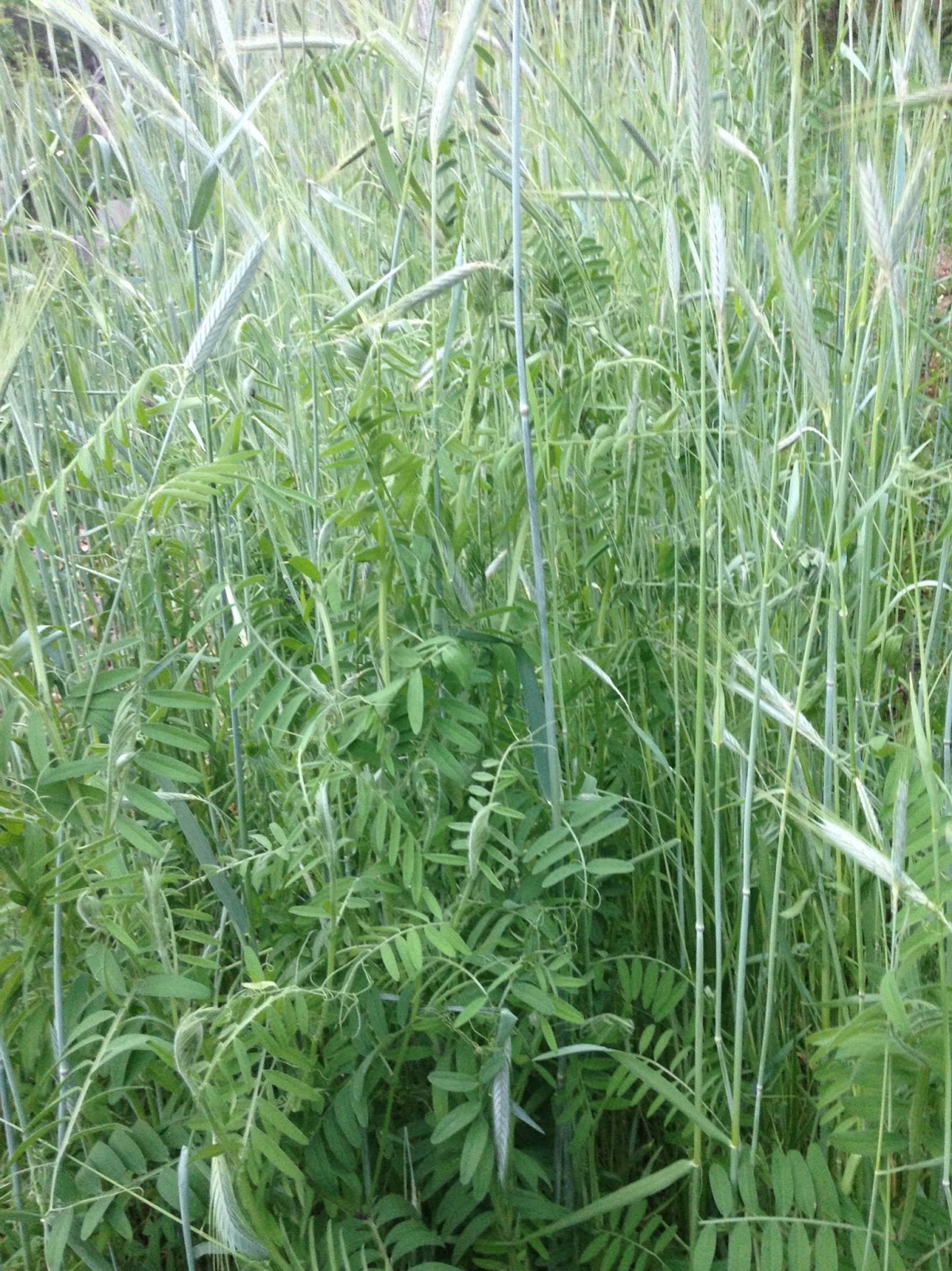Winter Rye Cover Crop Benefits
Hogs in particular can benefit from winter rye being added to their feed.

Winter rye cover crop benefits. The roots of the crop allow the soil to avoid compaction and they create pore spaces and passages when the roots take hold which allows for moisture to build up. Here well concern ourselves with the use of winter rye as a cover crop in which capacity it offers several benefits. In addition to improving fertility annual ryegrass produces biomass that will increase the soil organic matter and fertility after the cover crop is burned down in the spring. Can be planted later than other cover crops.
Breaks up compaction layers erosion control fast biomass growth grazing and forage potential nutrient scavenger caution using before corn due to high carbon to nitrogen ratios and potential allelopathic effects. Most widely used cover crop in the midwest soil health benefits. Early maturing so following crop can be planted earlier. Ryes deep roots help prevent compaction in annually tilled fields and because its roots are quite extensive rye also has a positive effect on soil tilth.
Harvesting winter rye as hay or silage allows. They decrease nutrient runoff and soil erosion. What are the benefits of cover crops. Sykes said cover crops offer significant benefits to row crop producers.
Cover crops can improve the overall structure of the soil. Winter grains also provide cover to avoid soil erosion in the winter and spring. One of those benefits is weed control which winter rye excels at due to that horticultural superpower known as allelopathy the ability to inhibit the germination of the seeds of competing plants. Using annual ryegrass could help keep the nitrogen in the soil profile and available for the crop the following year.
Makes very good haylage. Winter cereal rye can be planted later in the fall than other cover crops and still have an excellent stand the next spring. Learn how to plant winter ryeand why you should consider doing it. Cover crops increase water infiltration organic matter habitat for beneficial insects nutrient content and weed suppression.
Winter rye is a cereal grain thats typically planted in fall in vegetable gardens. Grazing or harvesting cover crops offers livestock producers the opportunity to capture highly digestible nutrients for their wardynski explains. Very good for erosion control. Like any cover crop planting winter rye is one of the best things you can do to build soil.
Winter rye is highly recommended for colder winter climates and it. Cereal rye is an excellent winter cover crop because it rapidly produces a ground cover that holds soil in place against the forces of wind and water. Advantages of winter cereal rye.
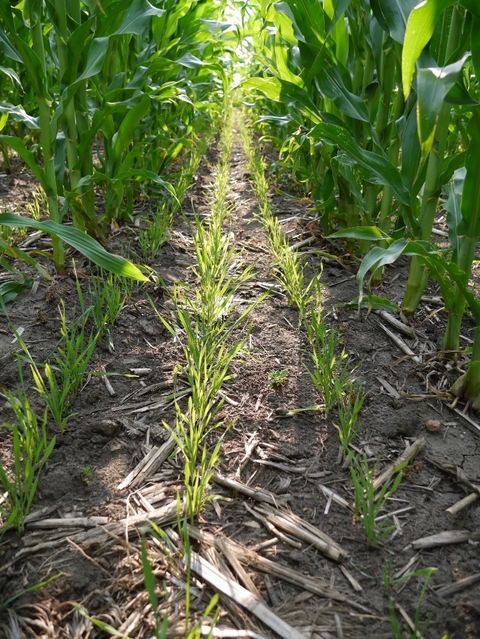

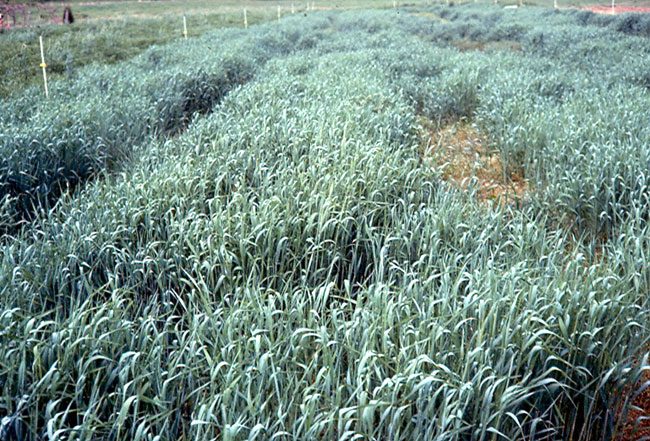



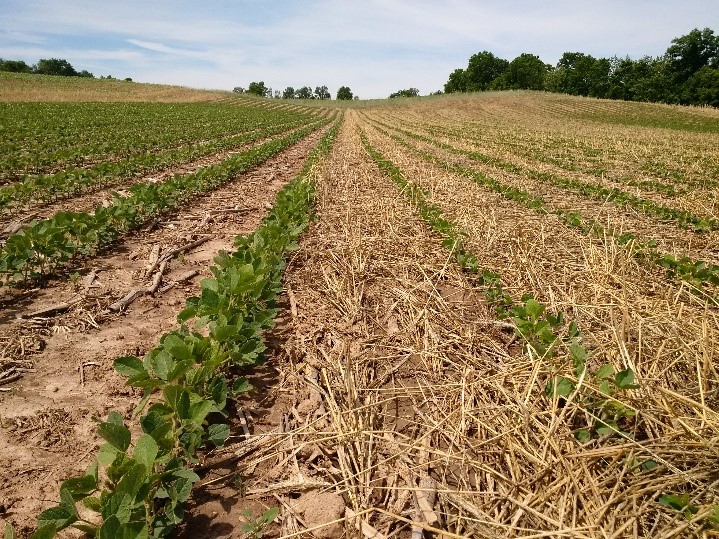


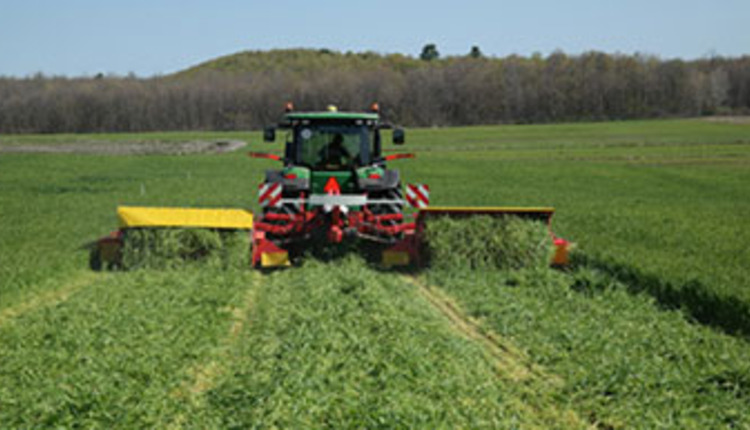









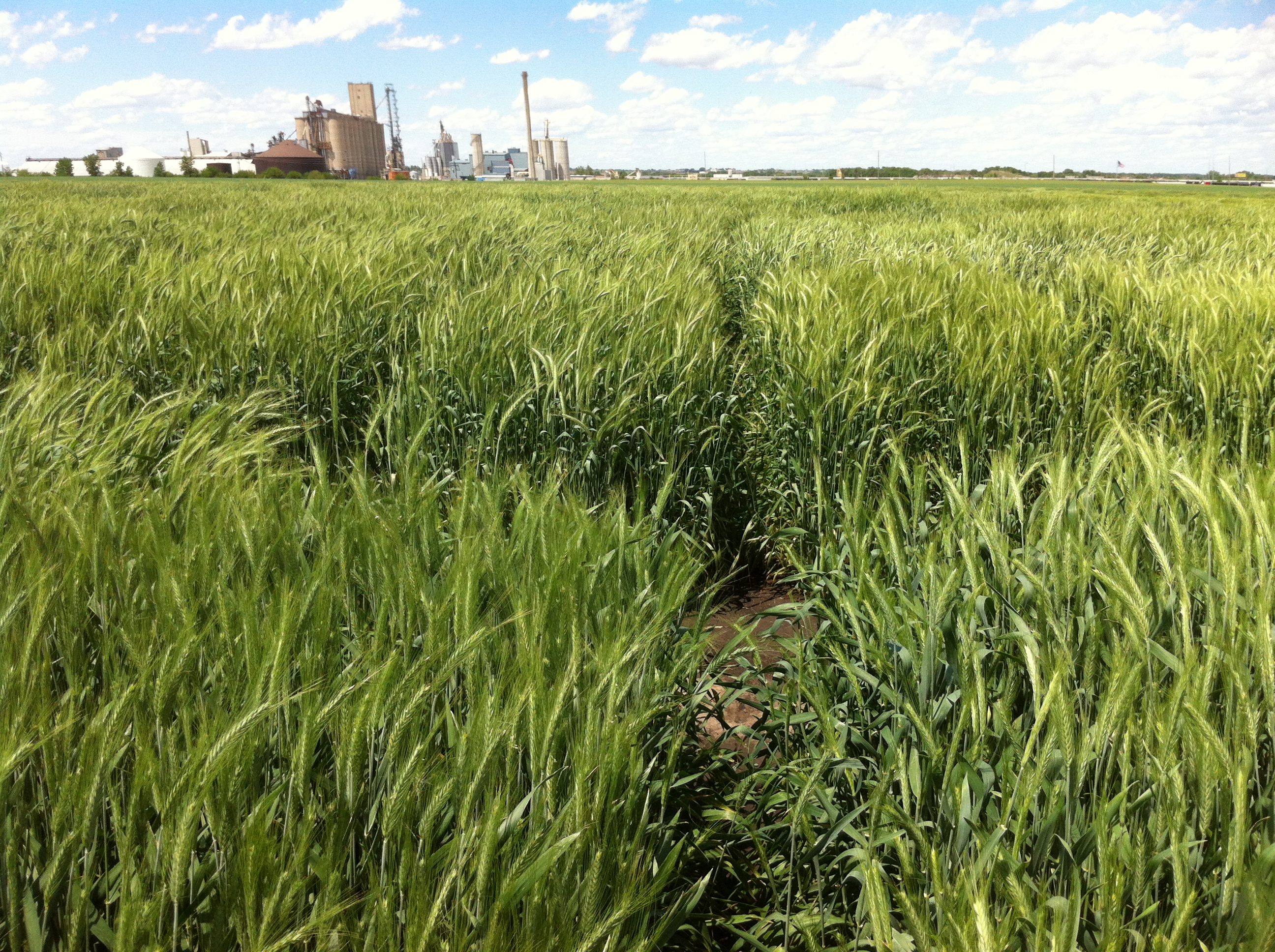













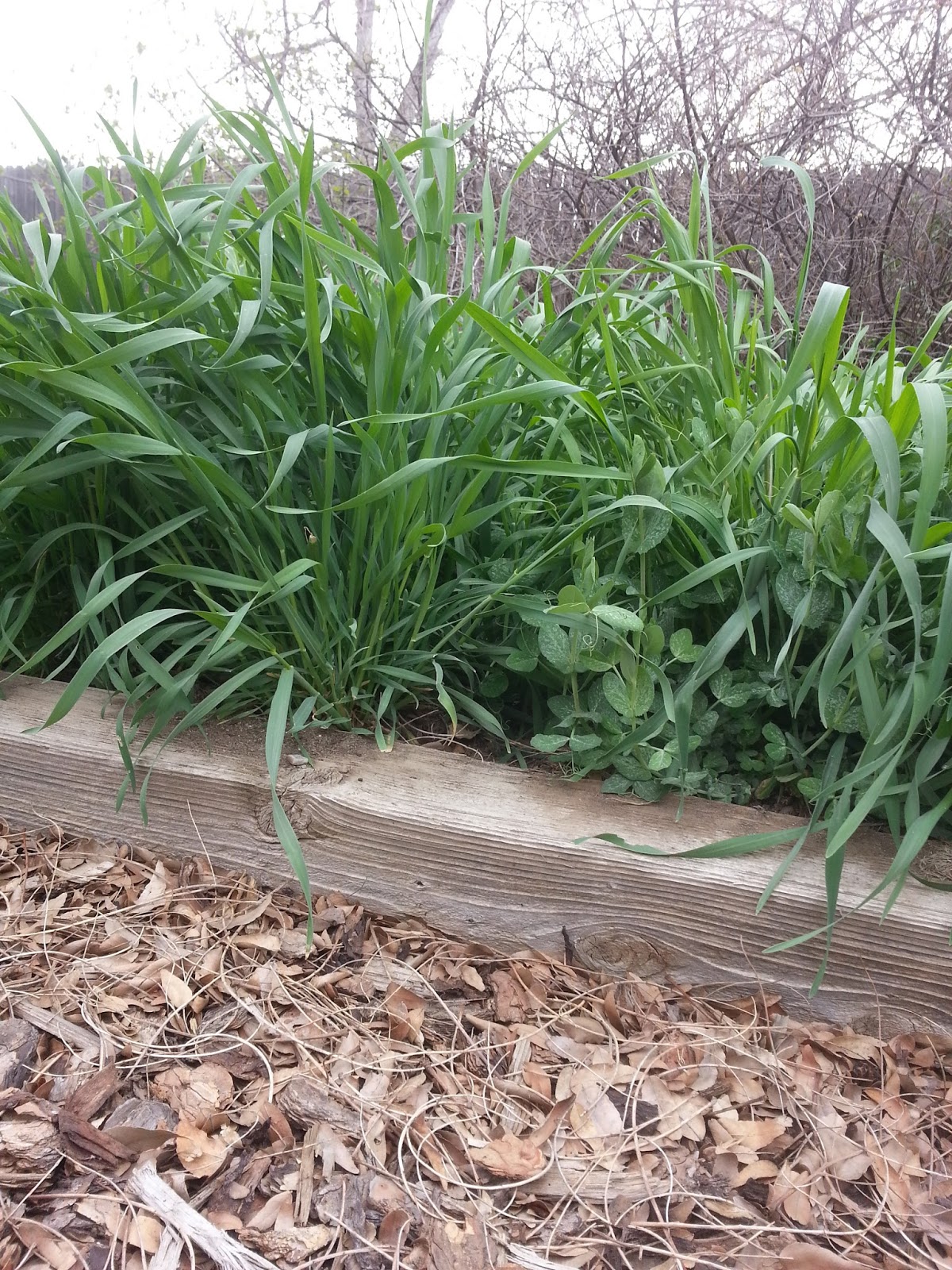
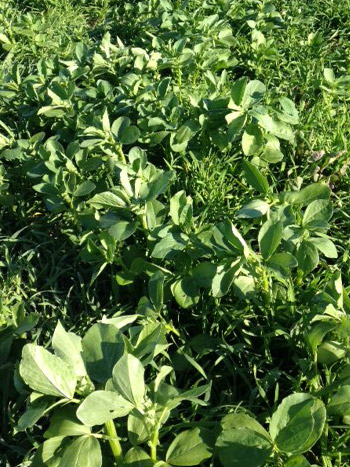
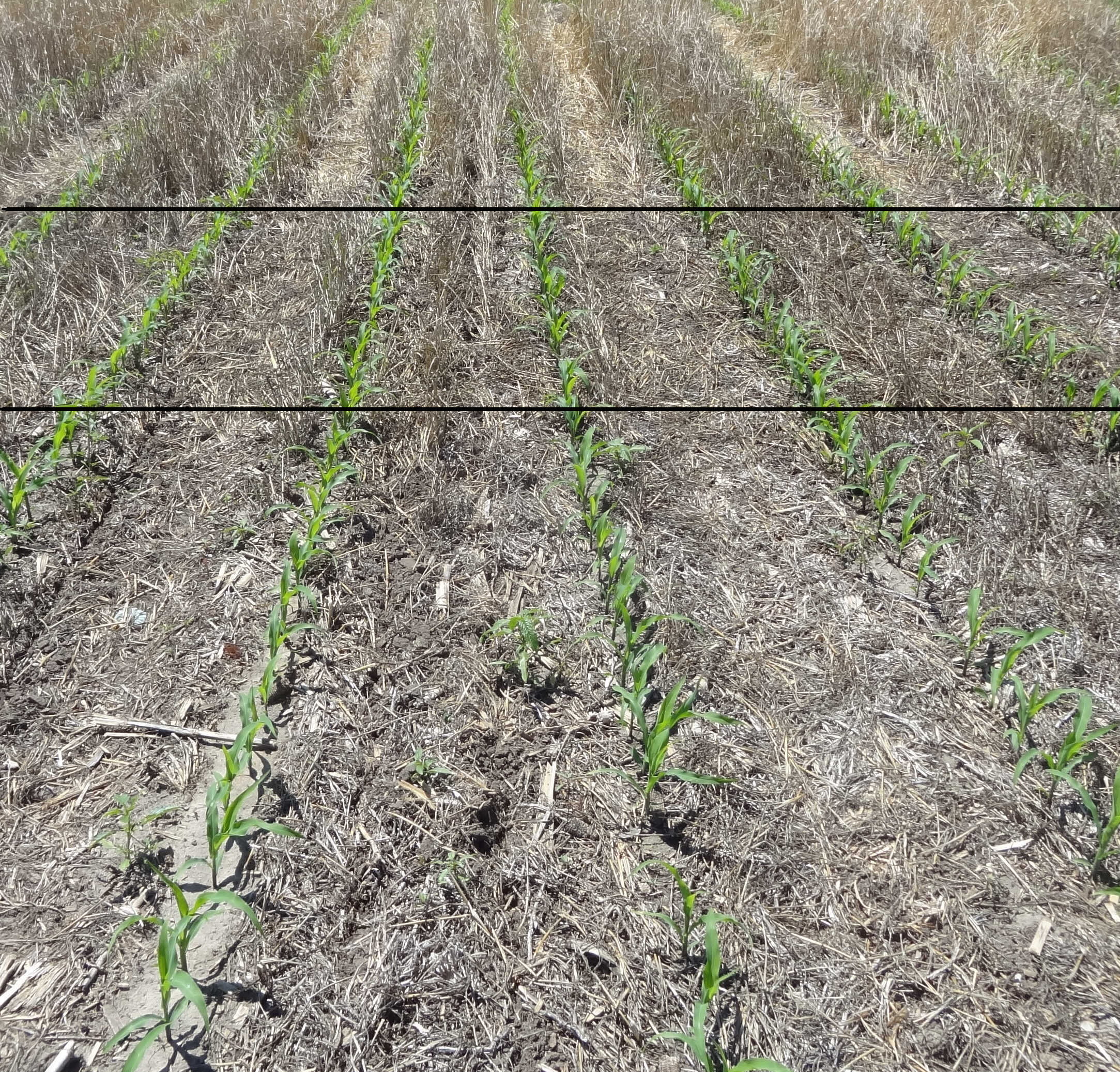
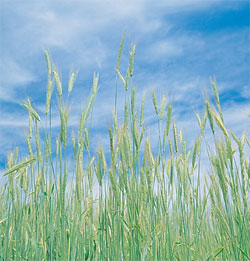

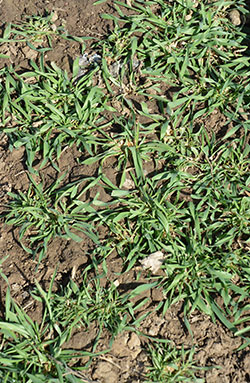



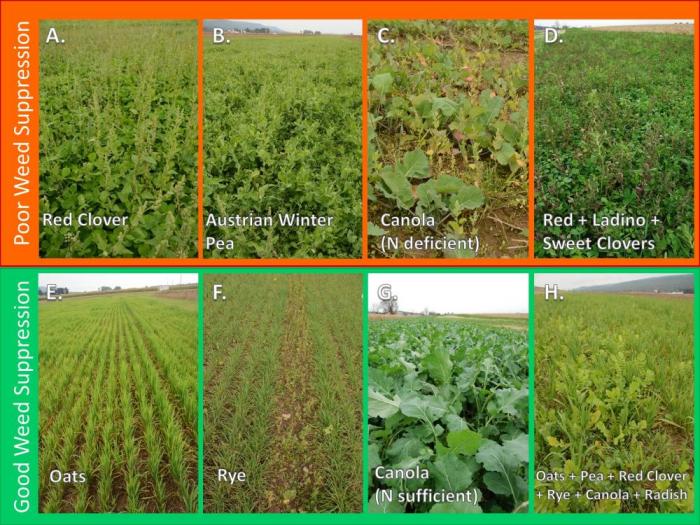

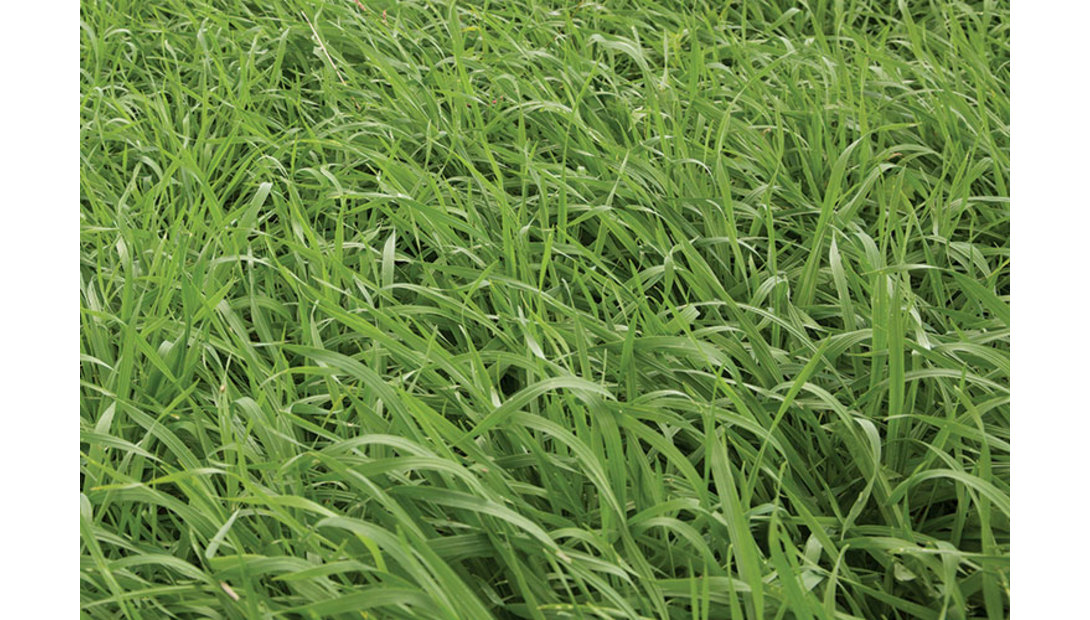





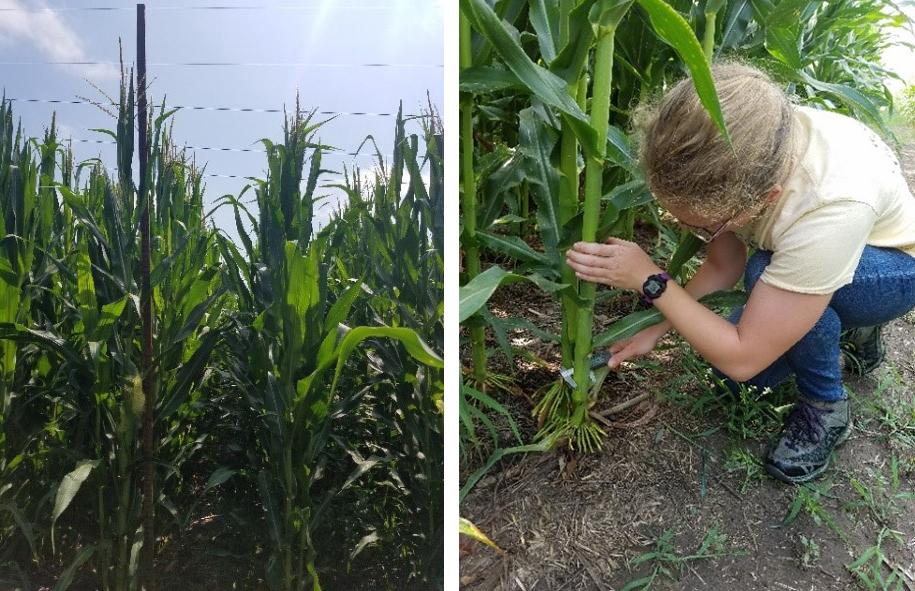

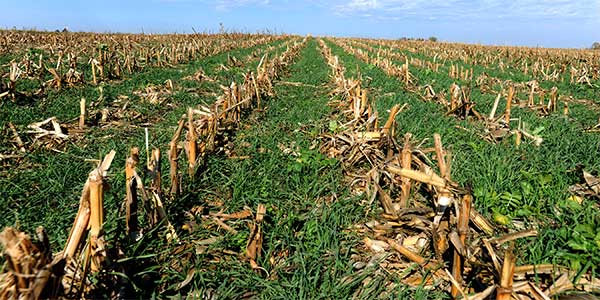
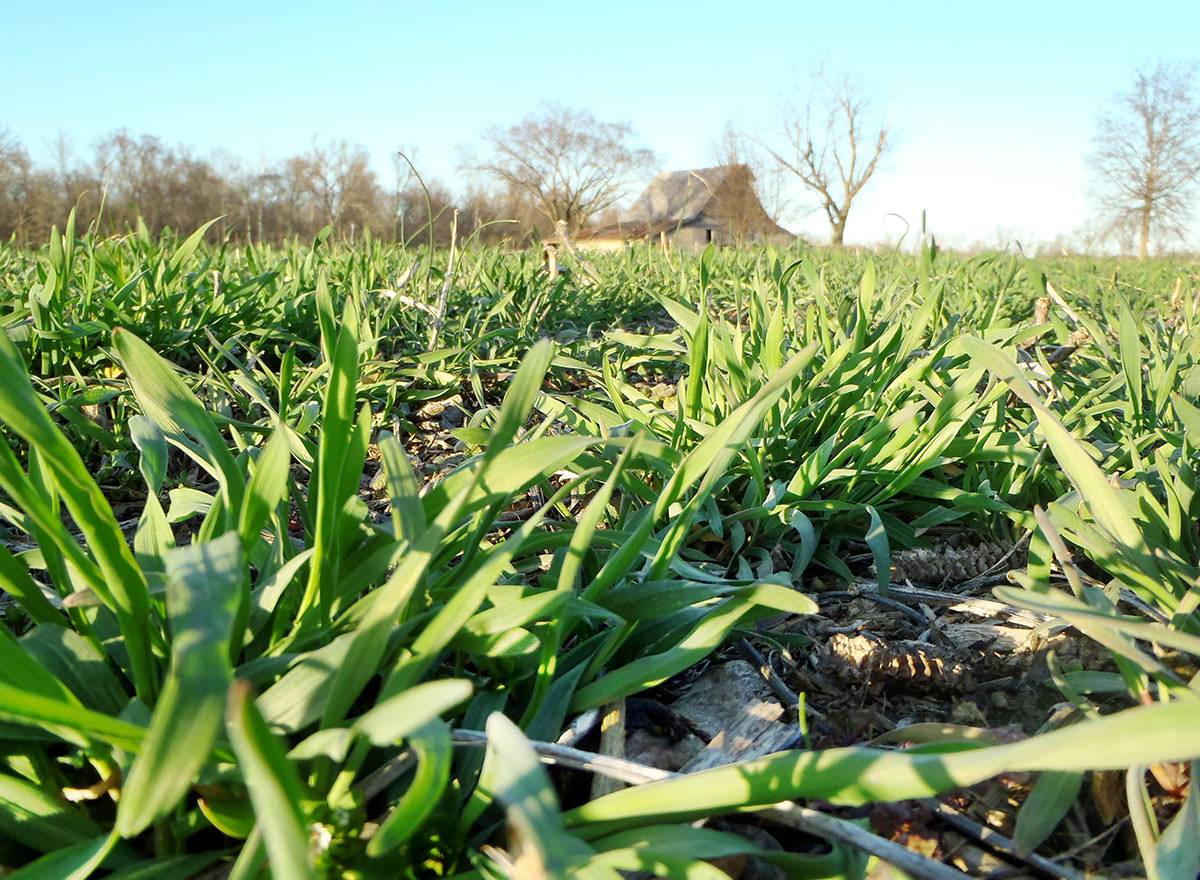
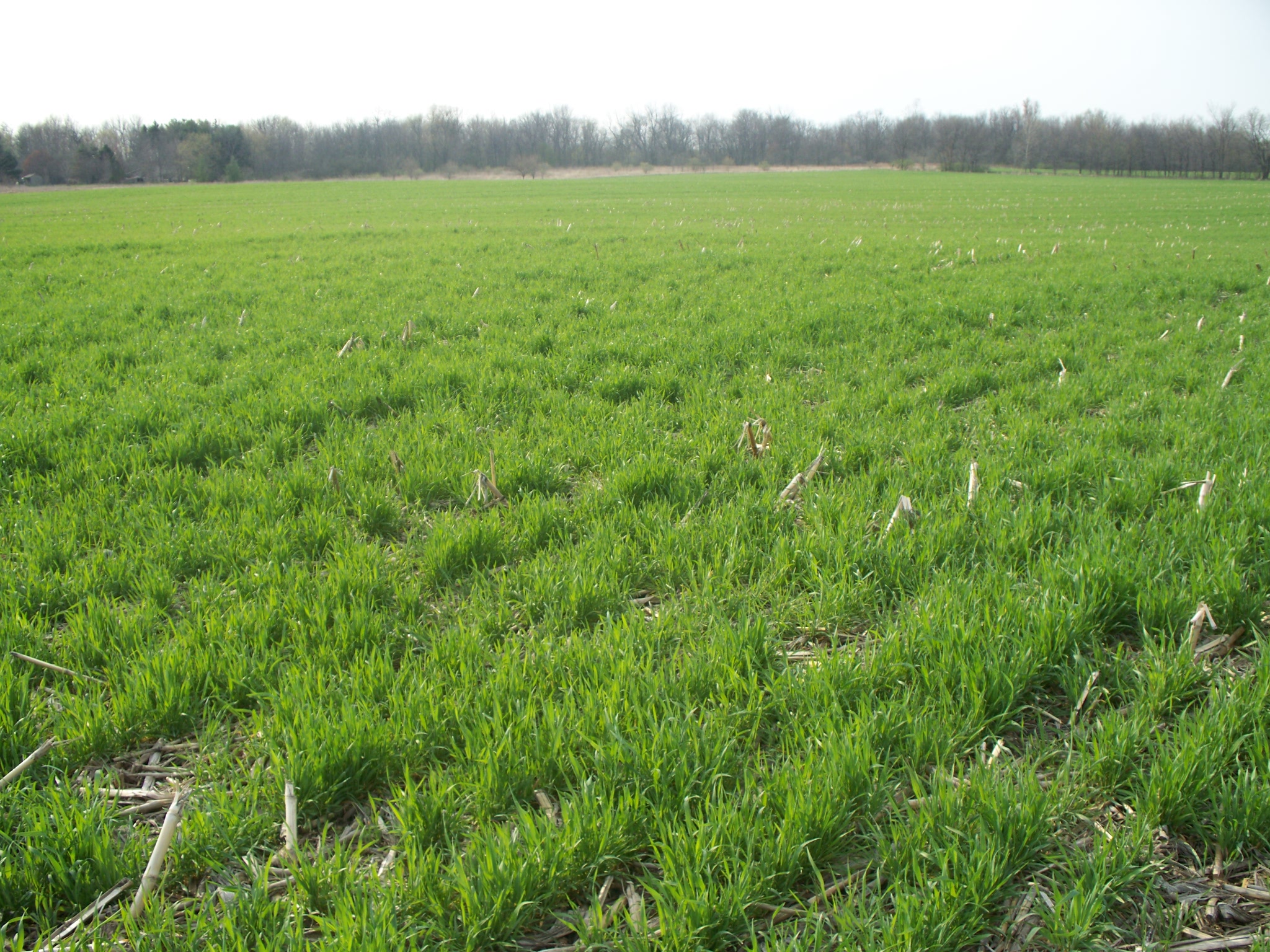
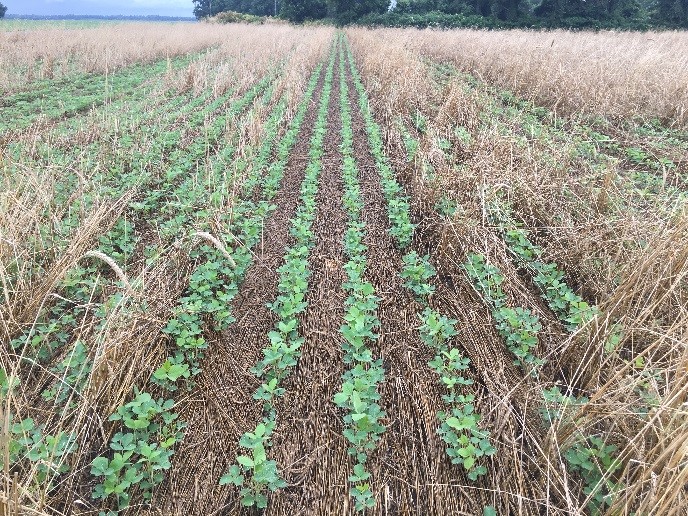





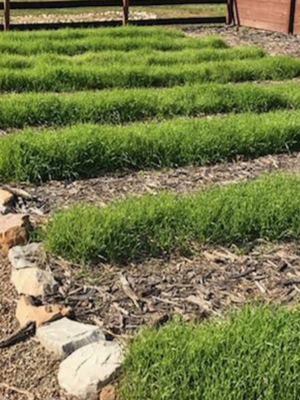


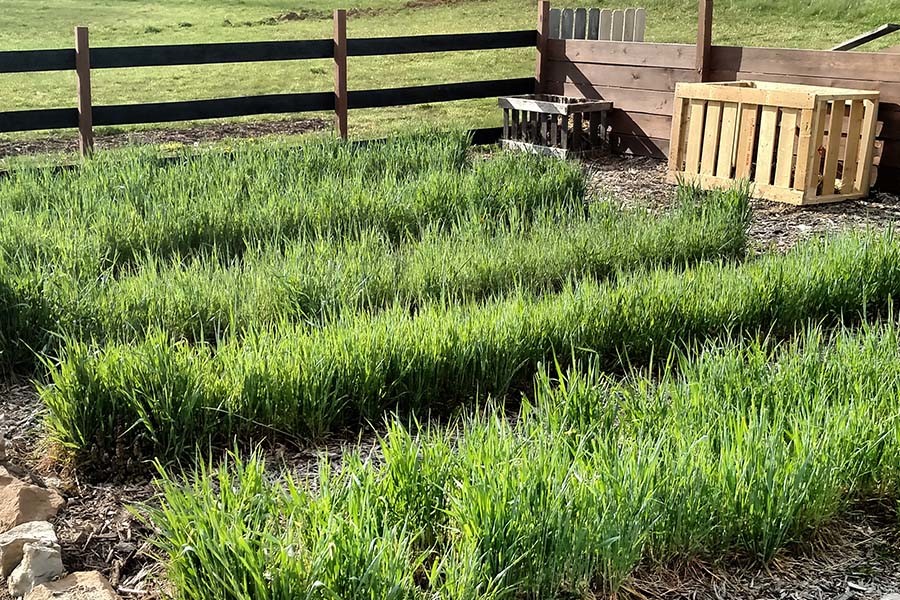

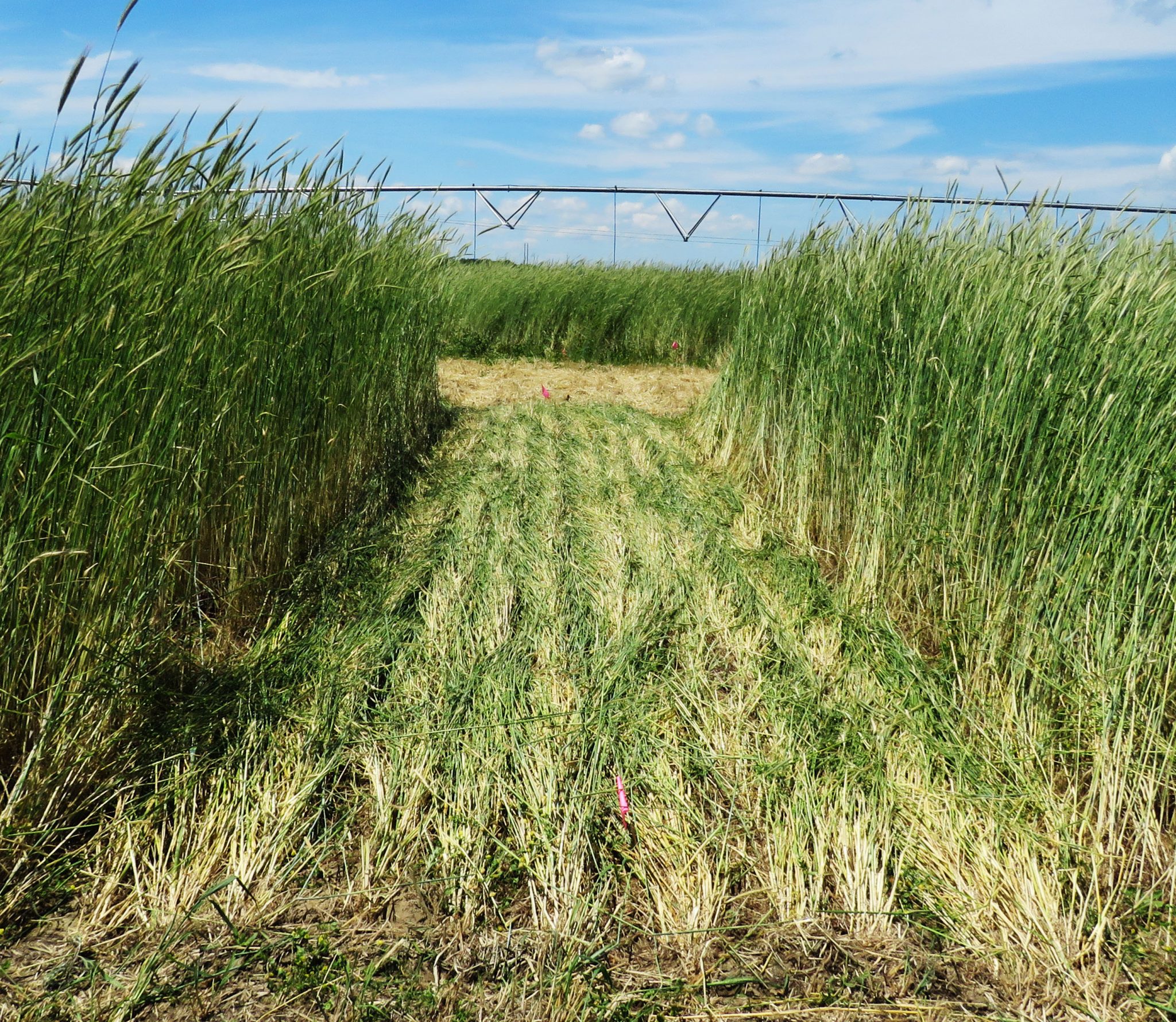

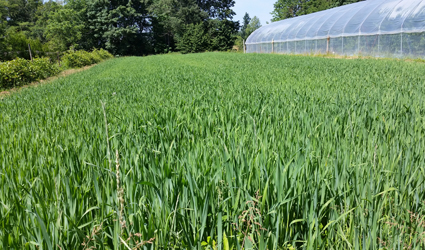
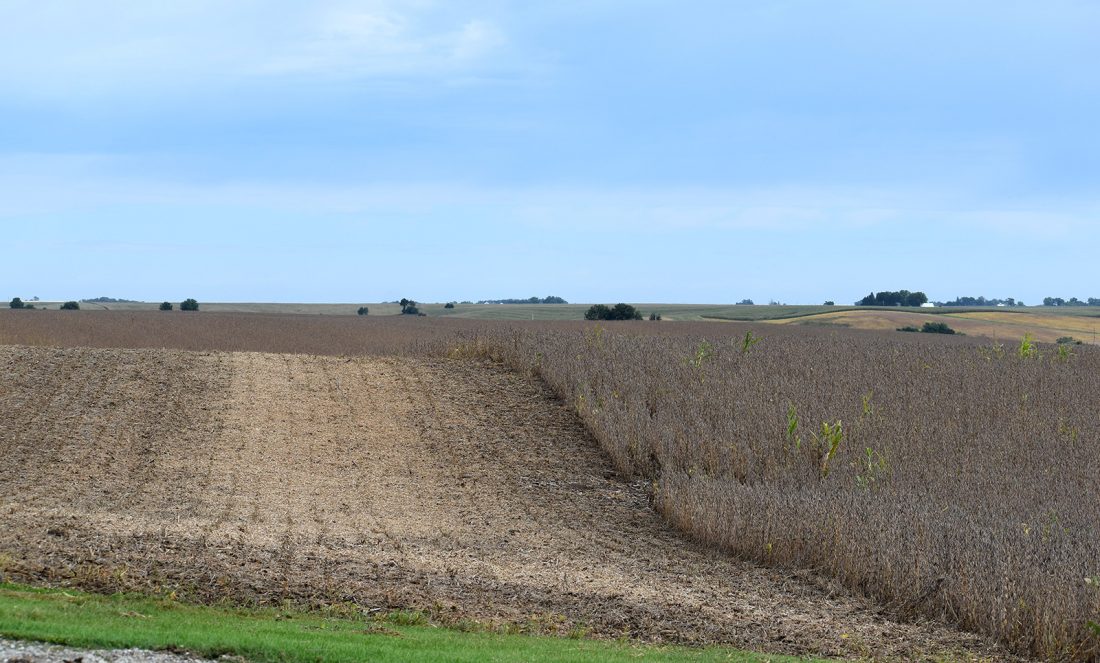
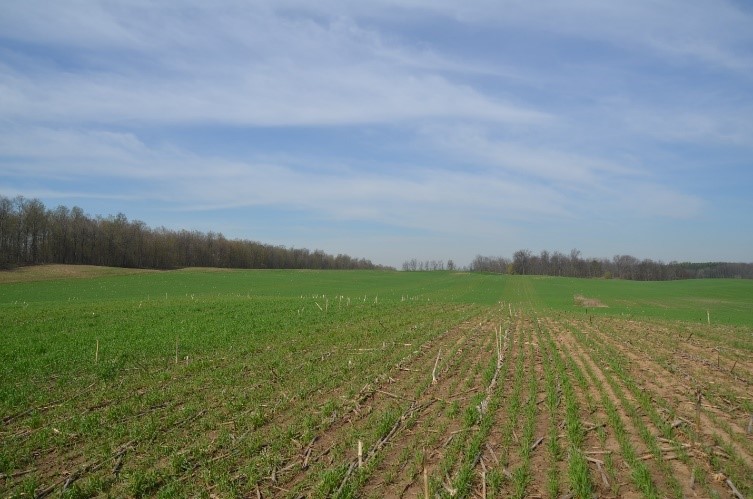






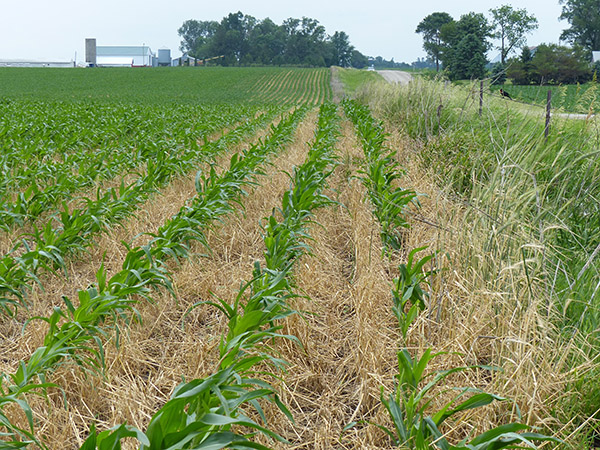



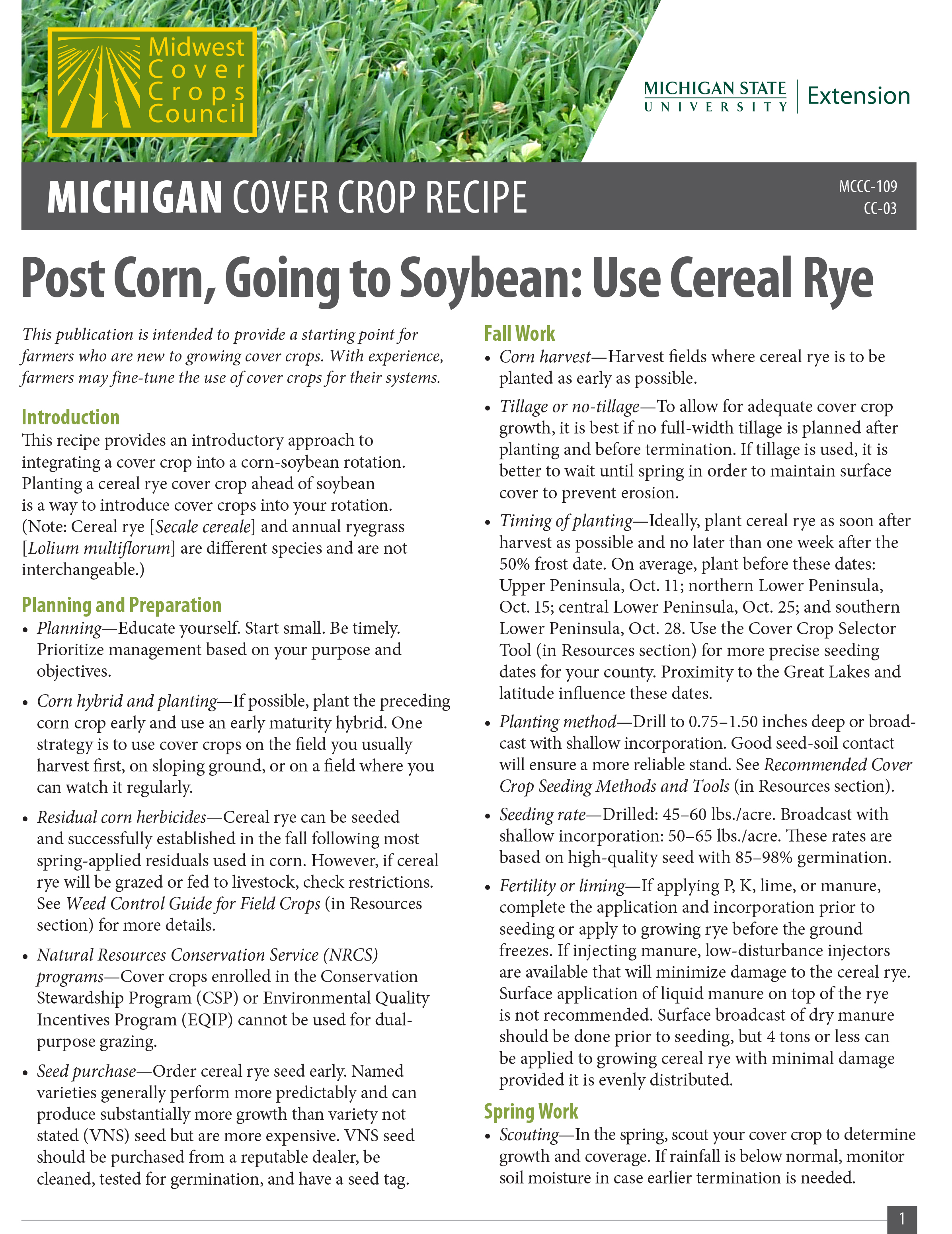





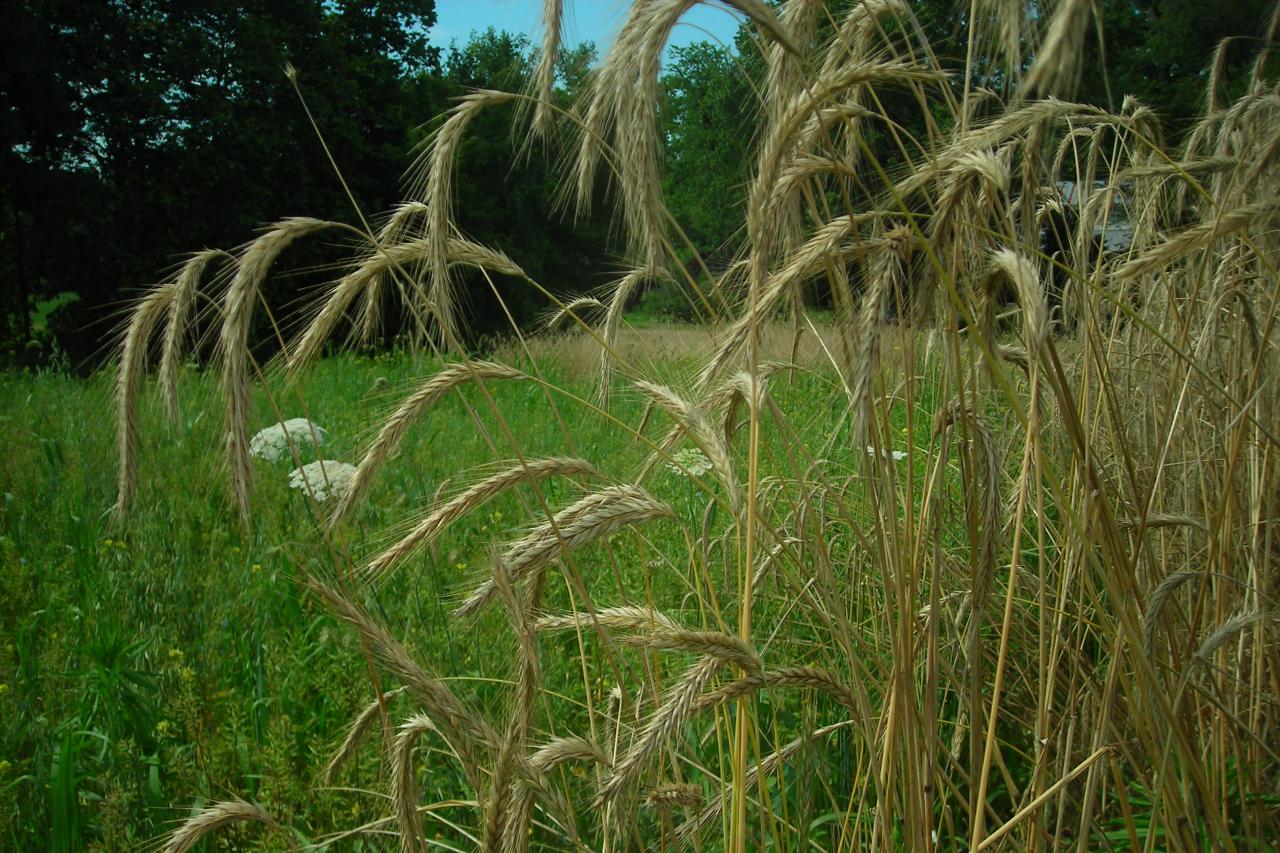
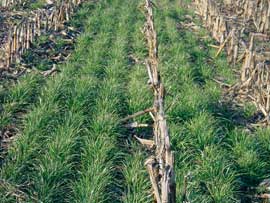

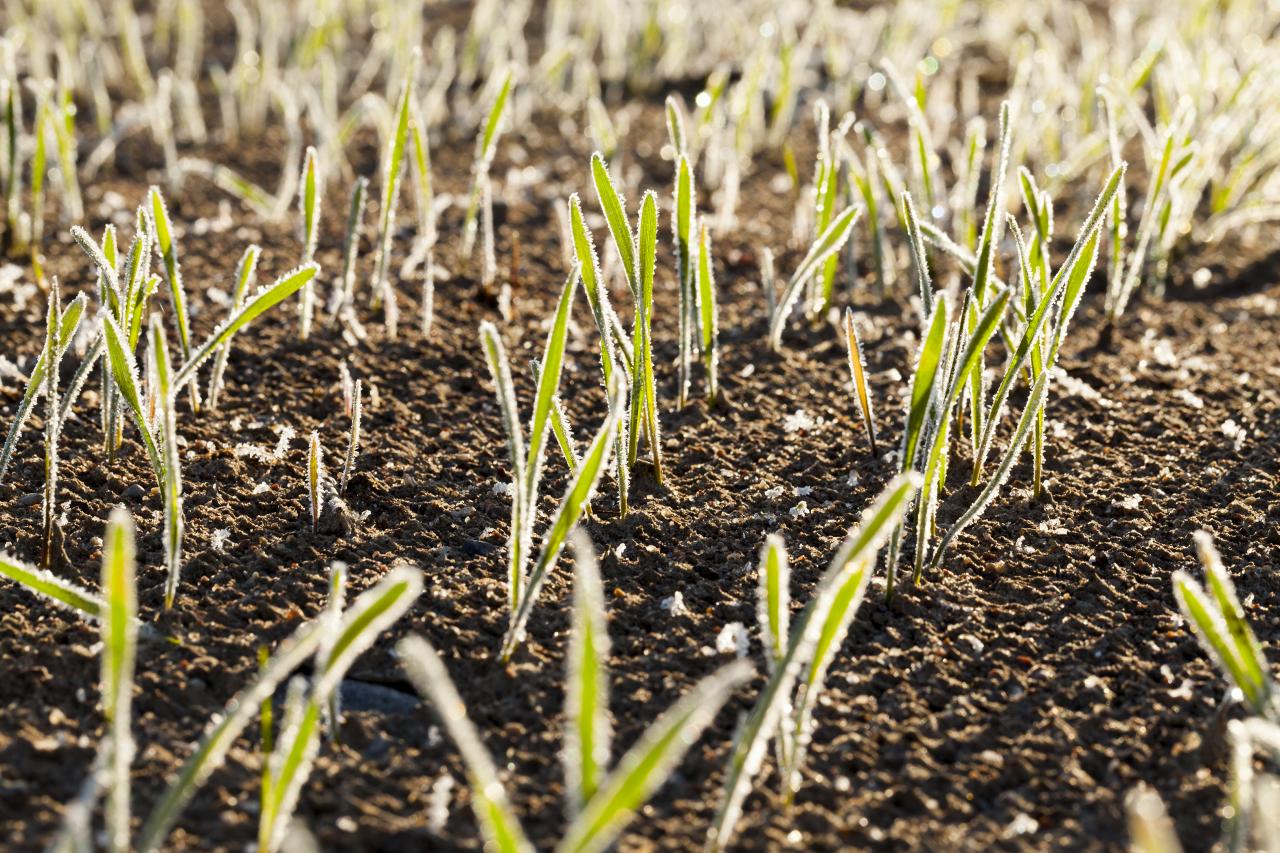
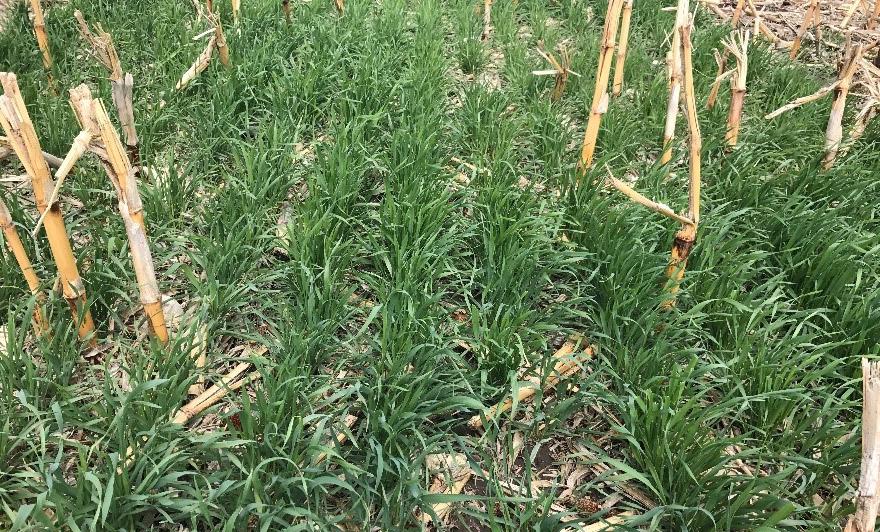
/177884338-56a885a35f9b58b7d0f30c94.jpg)


